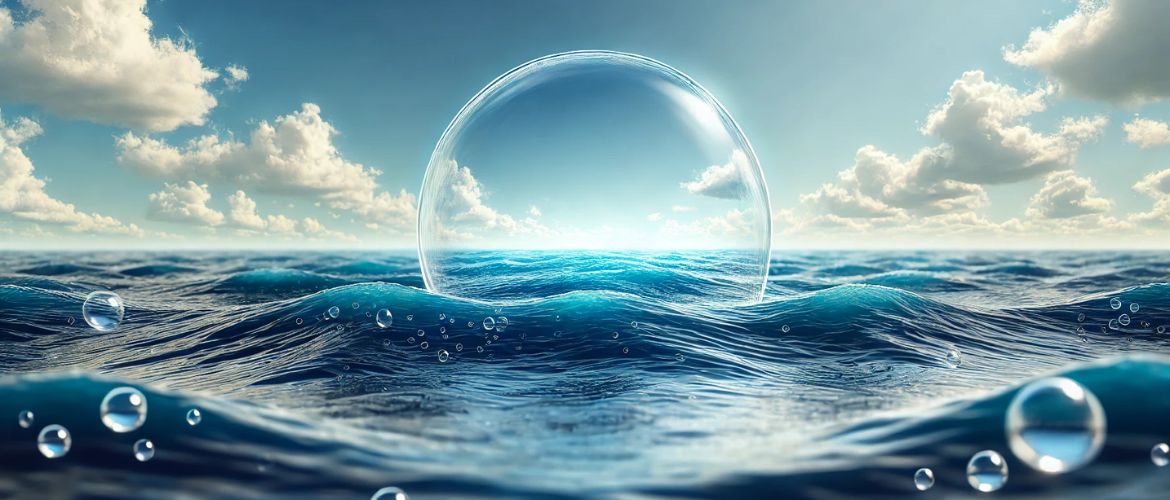Seawater is salty because it contains dissolved salts, primarily sodium chloride (common table salt). These salts enter the oceans and seas through natural processes such as the weathering of rocks, underwater volcanic eruptions, and the activity of submarine springs. Over time, the concentration of salts increases, creating the characteristic taste of seawater.
How Did the Seas Form?
Seas and oceans formed around 4 billion years ago. Water appeared on Earth due to volcanic activity and collisions with icy asteroids. Over time, liquid accumulated in lowlands, forming vast bodies of water.
Why Is Seawater Different from Freshwater?
- Water Sources: Rivers and lakes are fed by rainfall and melting glaciers, making their water less rich in salts.
- Evaporation: In seas, water evaporates, leaving salts behind, while freshwater bodies renew their water flow more quickly.
- Mineral Content: In rivers and lakes, salts are washed away and carried into the seas, where they accumulate over millions of years.
Interesting Facts About Seawater Salinity
- The Red Sea is the saltiest sea due to intense evaporation and the absence of major rivers supplying fresh water.
- The Caspian Sea is not technically a sea. It is the world’s largest saltwater lake, as it has no connection to the ocean.
- In the Dead Sea, it is impossible to sink. The water contains so much salt that the human body naturally floats on the surface.
- If all the salt from the oceans were spread over the land, it would create a layer 150 meters high!
Seawater is salty because of dissolved minerals that come from rocks and volcanic activity. This process has been ongoing for millions of years, making seawater unique in composition. Although all Earth’s waters are interconnected, seas and oceans remain the planet’s richest reservoirs of minerals.4o







Only registered users can leave comments